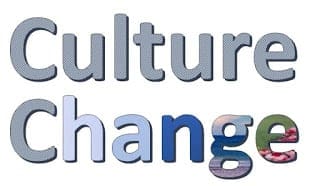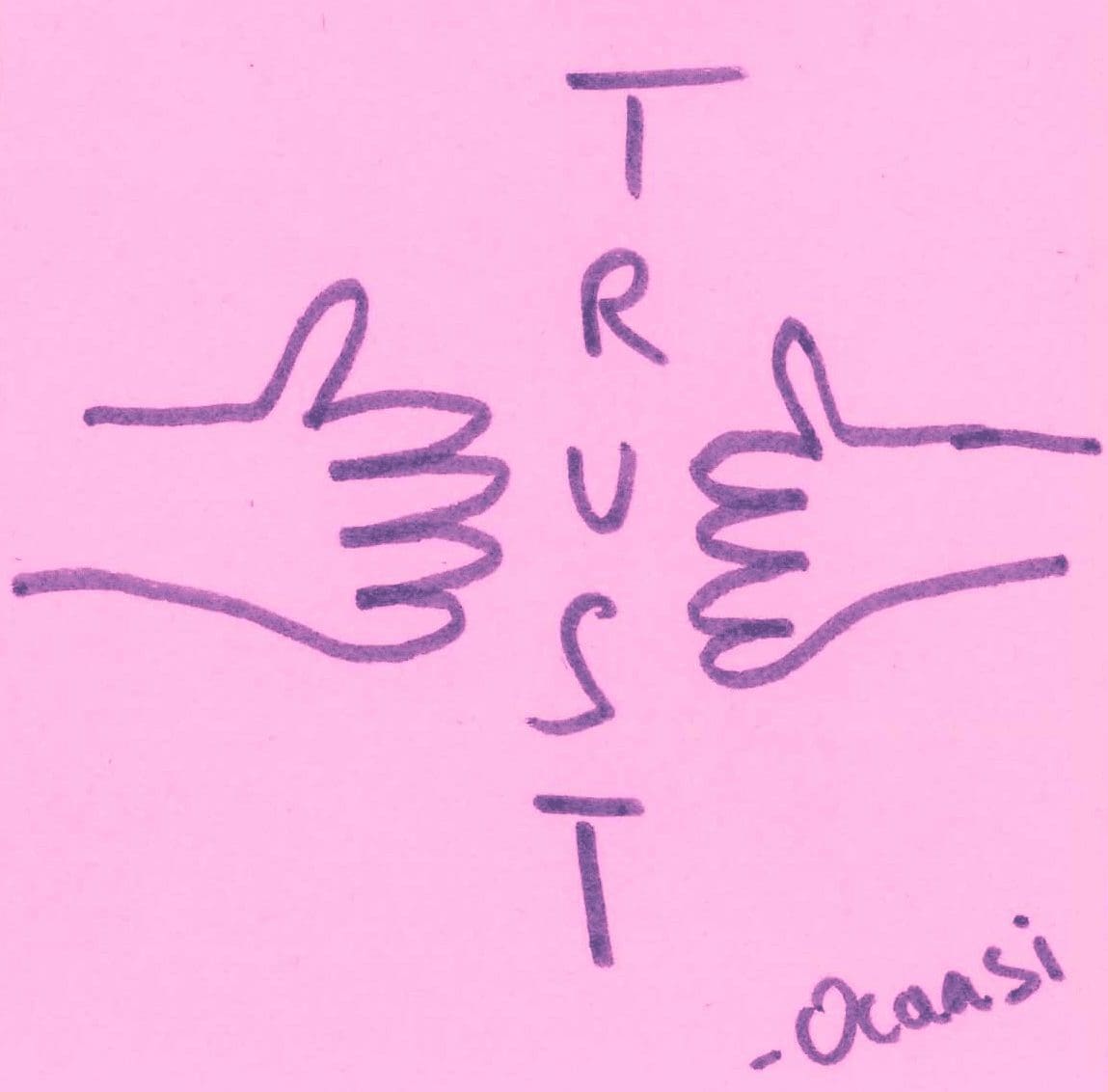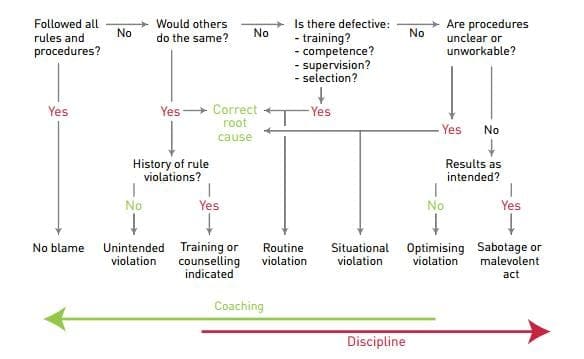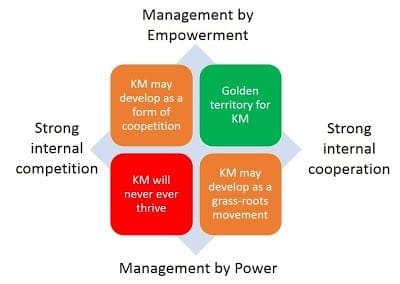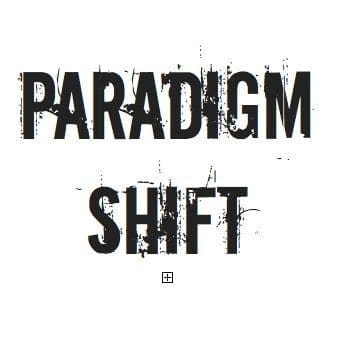
Favorite According to one expert, people are either Rocks or Sponges when it comes to learning. The most powerful thing that leaders can do to help Knowledge Management succeed is to drive that desire to learn as part of the corporate culture. If the drive to learn is there, the
Read More
 Shared by Nick Milton July 16, 2019
Shared by Nick Milton July 16, 2019

Favorite KM behaviours can be influenced quite easily by two simple questions from line management Image from wikipedia I posted on Monday about “What’s in it for me” in KM, and how implementing Knowledge Management relies on identifying the local value. Part of the local value can be driven by
Read More
 Shared by Nick Milton July 10, 2019
Shared by Nick Milton July 10, 2019

Favorite I think it is well established that introducing Knowledge Management is an exercise in culture change, but can KM itself change culture? In this summary of findings from an Oxford Review research study, the answer is a qualified Yes. The research in question, available to subscribers of the Oxford
Read More
 Shared by Nick Milton January 21, 2019
Shared by Nick Milton January 21, 2019

Favorite Knowledge Management is fully embedded when refusing to do it is not an option. Let me give you an analogy, from the world of Safety. A couple of years ago I was conducting knowledge management exercises at a gas plant in the Niger Delta. In places like this, safety
Read More
 Shared by Nick Milton January 18, 2019
Shared by Nick Milton January 18, 2019

Favorite We hear a lot about trust in Knowledge Management, but what sort of trust do we mean? Image from wikimedia commons It can’t mean personal trust in the other people involved, at least not in a large organisation where it is impossible to know everyone, and indeed impossible to
Read More
 Shared by Nick Milton October 15, 2018
Shared by Nick Milton October 15, 2018

Favorite Very often we hear people talking about the failure of KM as a discipline, and asking “Why hasn’t it caught on after all these years?” It’s an interesting question, but it’s the wrong question. It’s an interesting question, but it’s the wrong question. People asking the question are often
Read More
 Shared by Nick Milton October 12, 2018
Shared by Nick Milton October 12, 2018

Favorite The “just culture” is a midpoint between a Blame culture, and a culture of hiding failures. But how does it work? Any organisation that aspires to learn, and to gather knowledge, must be able to learn from mistakes and failures. However this is a difficult thing to do, especially
Read More
 Shared by Nick Milton August 30, 2018
Shared by Nick Milton August 30, 2018

Favorite Can Safety Management be a good analogue for KM? In many ways, Safety Management is a good analogue to Knowledge management. Vintage safety poster from public domain images Both are management systems for dealing with intangibles. Both are leaps in thinking from treating safety/knowledge as something personal, to treating
Read More
 Shared by Nick Milton August 28, 2018
Shared by Nick Milton August 28, 2018

Favorite We know that culture and management style affects KM; here is a way of characterising management style through 2 dimensions. The Boston Square shown here explores four management territories, and their impact on Knowledge Management. The two axes of the square are management by power v management by empowerment;
Read More
 Shared by Nick Milton August 10, 2018
Shared by Nick Milton August 10, 2018

Favorite Here is another couple of ways to characterise the KM paradigm shift. Image from wikimedia commons When I looked at this topic in 2009, I saw the KM paradigm shift as a shift from seeing knowledge as personal and individual property, to seeing it as collective. I presented the
Read More
 Shared by Nick Milton August 9, 2018
Shared by Nick Milton August 9, 2018
![]() Shared by Nick Milton July 16, 2019
Shared by Nick Milton July 16, 2019


